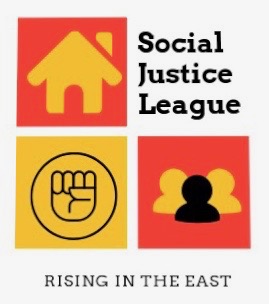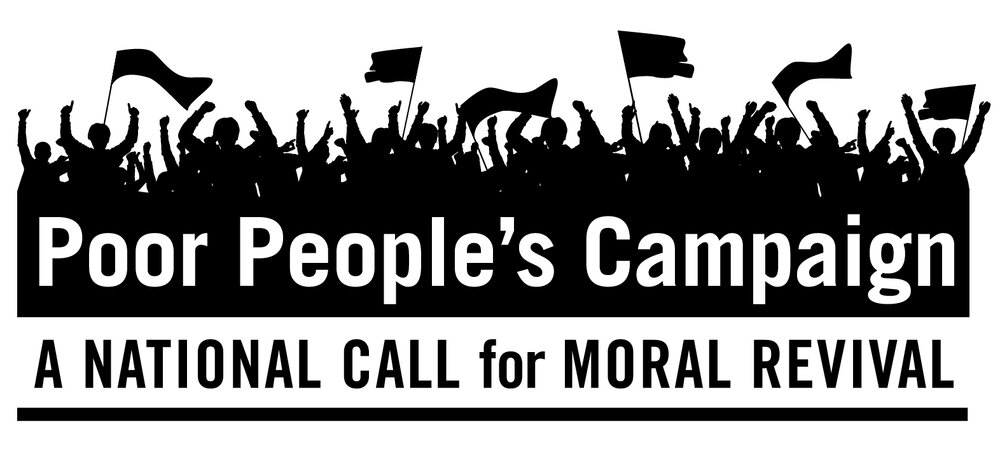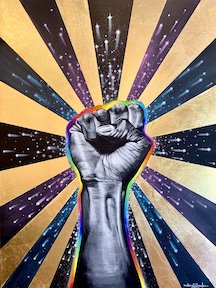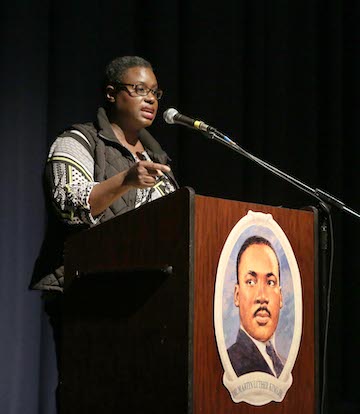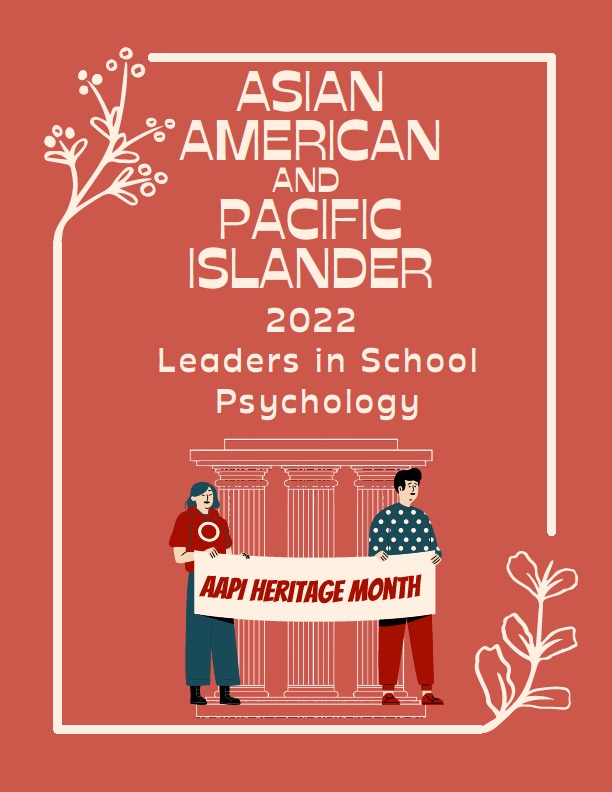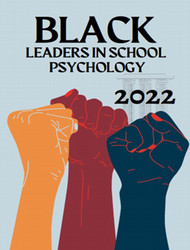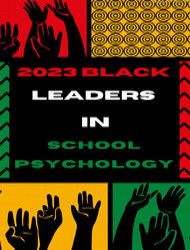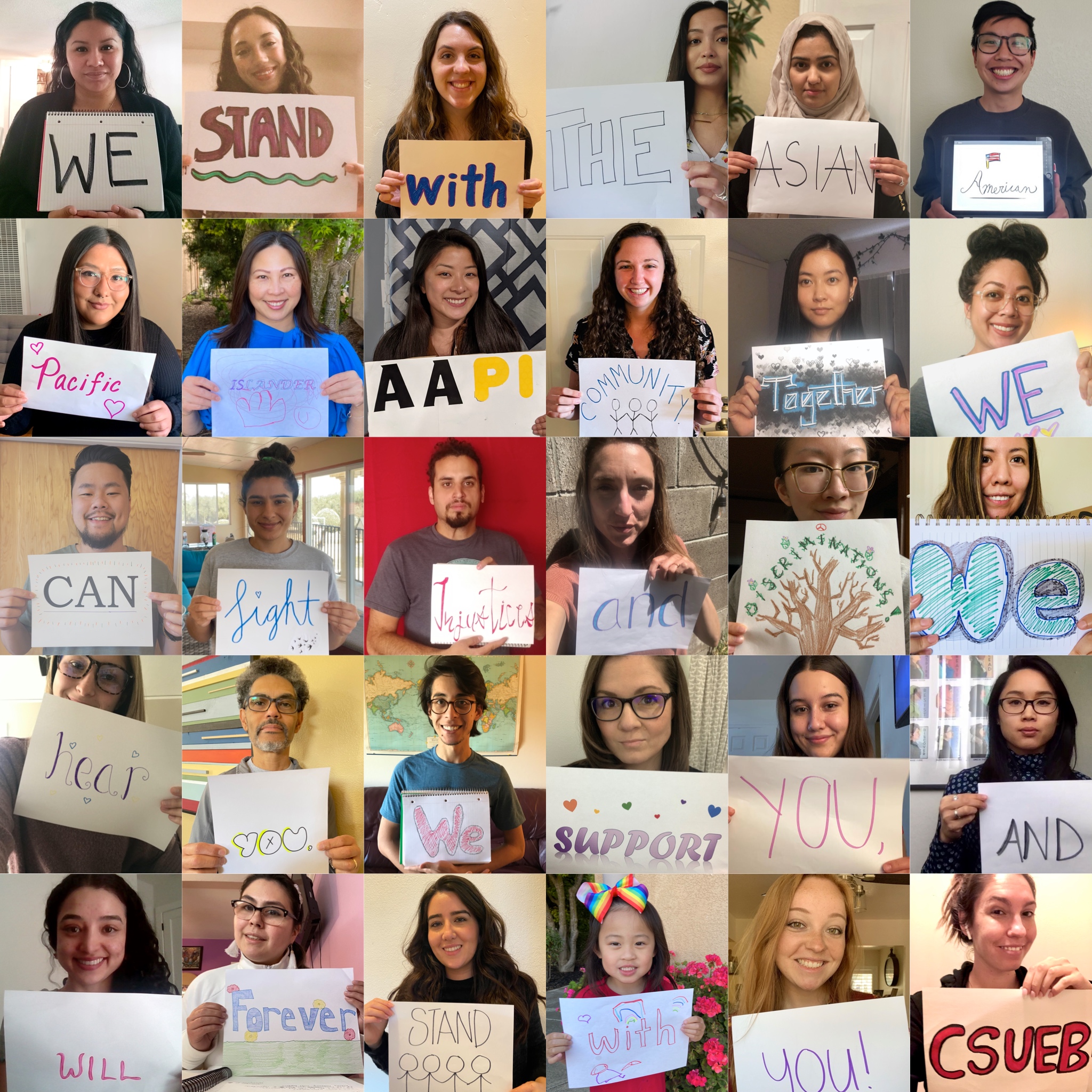
Transforming School Psychology: Social Justice, Equity, & Resources
-
Our School Psychology community will stand up and fight attacks against Black people, people of color, and those that are from underserved, underprivileged communities. We cannot tolerate continued blatant racism, oppression, and violence against those of color. Across the country, the call is loud to end supremacy culture, systemic racism, anti-Black racism, and police brutality. While it is difficult to understand and witness such horrific actions, change needs to take place immediately!
School psychology is a small field, but we are strong and have committed voices. We are in a collegial community that is united to hearing, understanding, and changing cultural and institutional barriers. The CSUEB School Psychology Program has joined with APA Division 16 School Psychology, Trainers of School Psychologists, Council of Directors of School Psychology Programs, Society for the Study of School Psychology, the American Board of School Psychology and the National Association of School Psychologists to reaffirm our commitment to be anti-racist agents of change. Our Program is committed to help shape and give tools to future school psychologists to be innovative leaders for social equality and justice. Our mission is to teach and empower voices for change.
School Psychologists have an ethical responsibility to engage in social justice. We need to speak up and stand up! Our professional community hears the pain, understands injustices, asserts our voices, and take action for social equality. The CSUEB School Psychology Program commits to the School Psychology Unified Anti-Racism Statement and Call to Action.
-
It is important for school psychologists and other educators to understand the historical and contemporary conditions that have resulted in many of these violent acts, as well as others’ reactions (including violence) to these events. NASP seeks to help schools and families engage in constructive dialogue about privilege, prejudice, power, and the ways that all of us can work together to shift the conversation from hate and violence toward understanding and respect to ultimately bring about positive change and unity to our communities.
-
-
-
FOR OUR ASIAN AMERICAN AND ASIAN IMMIGRANT COMMUNITIES IN RESPONSE TO THE ATLANTA SHOOTINGS AND OTHER ANTI-ASIAN HATE CRIMES
https://docs.google.com/document/d/1BzafIUA9yf9Lgs7LGf3aJeGDeyJ4M80wUDP62UdEHfQ/edit?usp=sharing
-
CSUEB Faculty and Staff's committed support for students of color.
https://docs.google.com/document/d/1G4uqVPHuNRGyNtTyn_cDyVNqUQuBViwmwDihG5sq848/edit?usp=sharing
-
- Social Justice in Schools (Charles A. Barrett)
- Critical Theories for School Psychology and Counseling: A Foundation for Equity and Inclusion in School-Based Practice (Proctor & Rivera)
- Theories of School Psychology: Critical Perspectives (Kelly, Garbacz, & Albers)
- Hacking Deficit Thinking: 8 Reframes That Will Change the Way you Think About Strength-Based Practices and Equity in Schools (McClure & Reed)
- Allies for All: LGBTQI2-S (Hart)
- School Psychology in a Global Society (Song et al.)
- Best Practices in School Psychology Foundations - Section 1 (acting as agents of social justice, promoting restorative justice for students, addressing systemic racism and oppression in schools, addressing needs of indigenous children and families in schools, creating inclusive school environments and tiered supports for LGBTQIA+ youth) (Harrison, Proctor, & Thomas)
-
The need for mental health support from BIPOC (Black, Indigenous, People of Color) therapists stems from their ability to provide clients with a shared cultural experience and understanding. However, there is a significant shortage of these therapists.
For more information about the disparities and how to support BIPOC therapists and diverse communities:
https://www.counselingpsychology.org/availability-bipoc-therapists/
-
The resources listed below are intended to help support reflection, dialogue, and action by graduate education leaders, faculty, staff, and students interested in social justice in graduate education programs and institutions. Many of the resources focus on anti-Black racism while others focus on or include Asian-American, Indigenous, Latinx, or Pacific Islander communities.
-
COVID-19 pandemic has caused much devastation and psychological and emotional challenges. Children and youth in particular are a vulnerable population as they try to understand and navigate the new normal. Children look to adults to help deal with stressors. There are things that adults can do to support and model healthy coping skills. This resource highlights tips for helping children cope with the changes due to COVID-19.
-
How to be a DISRUPTER?
1. Look within 2. Name the problem. What is your fire, what matters to you? Go for it! 3. Human-centered approach 4. Notice and reflect! 5. Examine sources of disproportionality so we can DISRUPT It! 6. Examine those ideas and practices that need disrupting! 7. Promote equitable ideas, practices, and policies! 8. Promote culturally affirming practices through a student-centered lens! 9. Don't Quit Ask WHY! How does this benefit students? Dr. Byron McClure @NASP 2021
